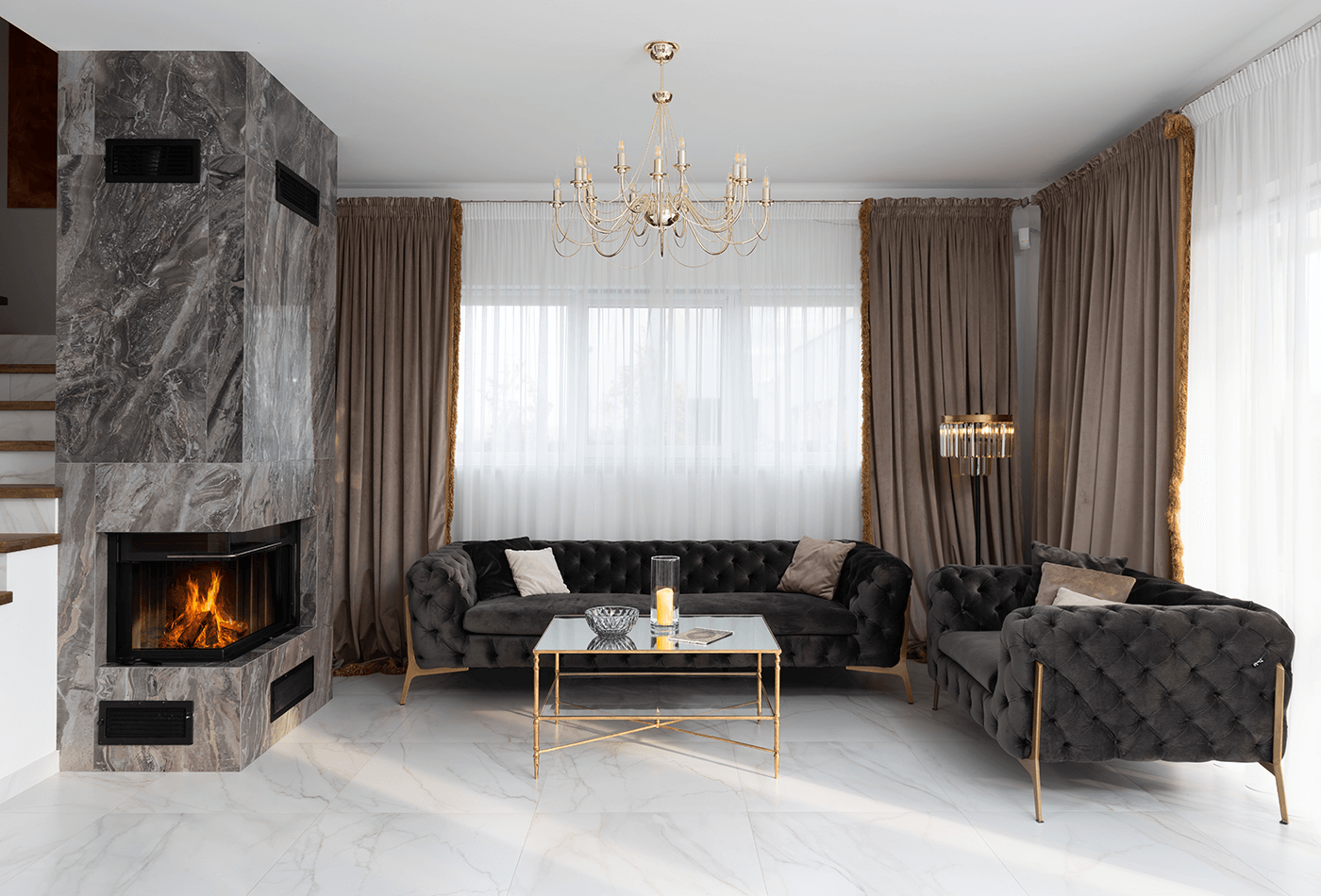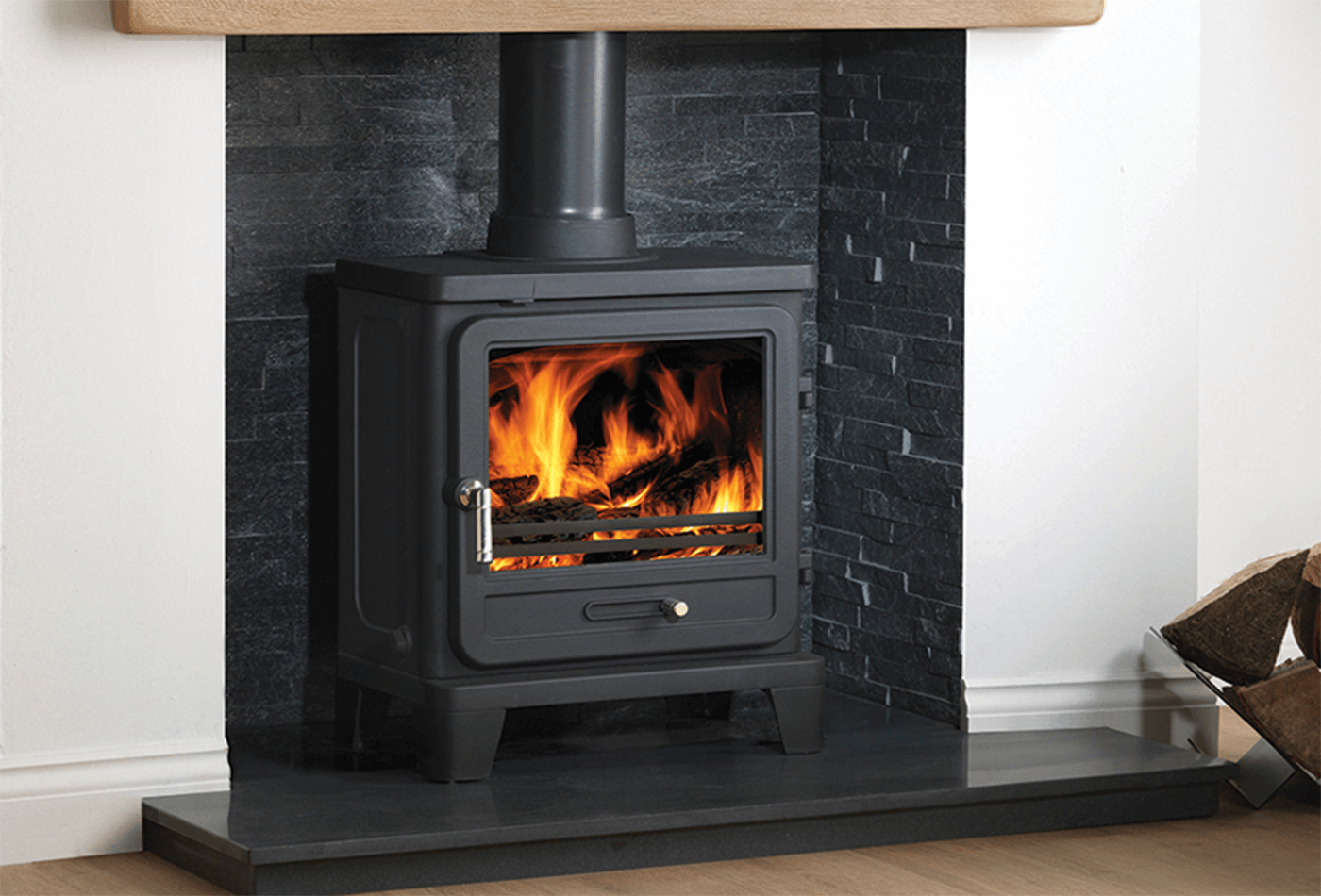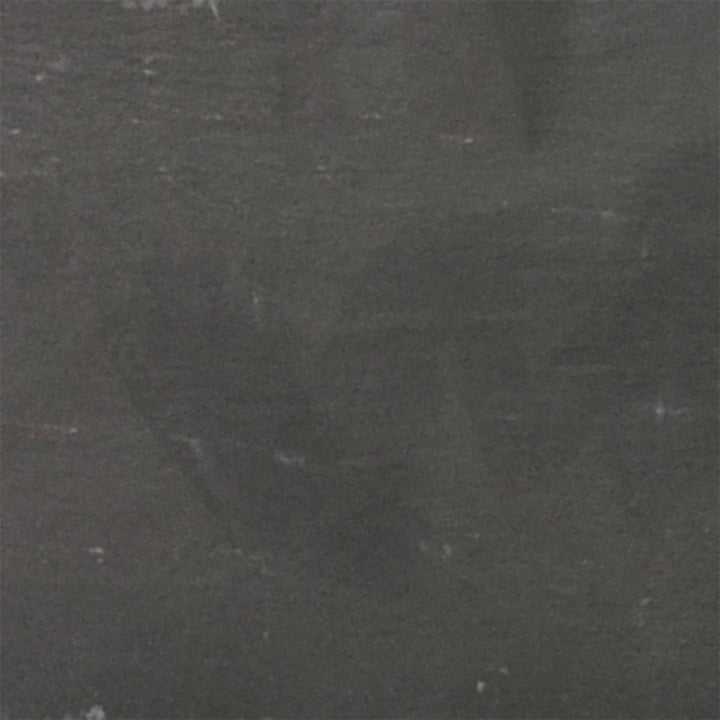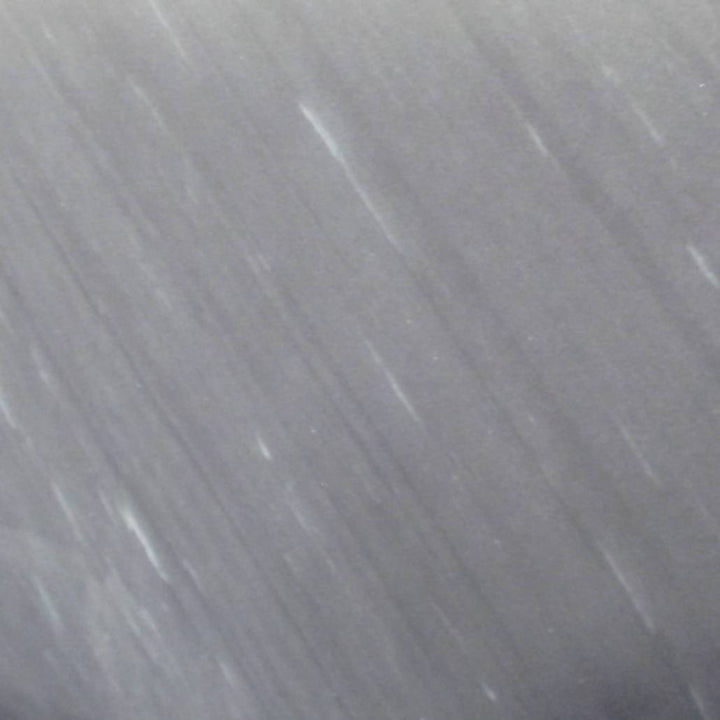Fire Place

Warmer the Fire Place, Warmer our Hearts
https://www.work-tops.com/a/expert/fire-place

It is necessary to have a fire place built of noncombustible materials around fuel-burning appliances like fireplaces and wood stoves in order to keep fires from starting. Hearths are frequently made of natural stone, although there are other materials as well. The most popular stones chosen are those that are tough and heat resistant. Brick was once used exclusively for the hearth, and with good reason—brick is durable, adaptable, and robust. However, more aesthetically beautiful materials are in demand right now. The material you choose for the stove that is situated inside the fireplace and the fire hearth area is a clear reflection of your own preferences and based on the choice it can have a noticeable effect on the room.
Fire Place Stones- Low to High Cost
Lime Stone

A limestone hearth is unquestionably a work of exquisite craftsmanship. With limestone, it is simple to notice the craftsmanship put into creating a fireplace. Additionally, limestone, unlike granite, is only light in colour, making it unsuitable for individuals who desire a darker appearance for their fire place. Having said that, limestone truly sets a room and a fire off well and gives a fire a lovely, entrancing appearance. Limestone is one of the most affordable hearth stone options, however as it is a soft stone, it should only be used with electric or gas fireplaces as it may shatter under the heat of a solid-fuel fire like a wood fire. Under typical wear and tear, limestone won’t scratch, crack, or dent; but, because it doesn’t heat evenly, some areas, like those nearest to the fire, maybe too hot to touch and may break. Limestone’s colour selections are limited to light hues like white, tan, cream, and grey.
Slate

Slate typically complements a “rustic cottage” style in a house. Slate needs to be cleaned on a regular basis and occasionally more thoroughly than marble or granite. Slate is a sedimentary stone that can be found in shades of red, dark green, grey, and black. It can even be multi-coloured. Generally speaking, slate is more expensive than limestone but less so than granite, soapstone, or marble. Like limestone, it is soft and could break under the heat of a wood-fueled fire, hence it should only be used with electric and gas fires. It is a common material for roofing, flooring, and flagging in addition to usage on a fireplace because of its toughness and attractive appearance.
ITALIAN BLACK SLATE RIVEN
Available Soon |
Granite Slabs

More expensive than slate or limestone but less expensive than marble or soapstone, granite is a hearthstone that falls in the middle of the pricing range. It can withstand the intense heat of wood flames and be used with gas or electric fires. Because of its exceptional hardness, durability, and availability in a larger spectrum of colours and patterns than other natural stones, it is one of the most often utilised stones for fire hearths. If properly cared for, it will be resistant to stains and everyday wear and tear. It is exceedingly unlikely to chip or dent, unlike other materials like brick, and is almost completely scratch resistant. Additionally, you may choose to either have the stone polished so that it has a flawless surface and gloss or leave it unpolished for a natural, rough texture. There is no arguing that granite is unquestionably a centre point in space when utilised as a fire place, despite personal taste and preference. It is adaptable and may be utilised in a range of styles, from traditional elegance to a casual, relaxed style. These days, there is a considerably greater variety of colours available, allowing designers to match practically any fire hearth and home style.
Is Marble OK to Use For a Fire Place?

Formed from limestone, marble is softer than granite and thus has a tendency to chip. But since it is highly heat resistant, it can be used with gas, electric and wood fires. Marble can be polished or left untreated for a more natural appearance, similar to granite. Comparatively Marble hearths come in a wider range of colours, but they are one of the priciest types of hearth stones available.
Fire Hearth

Hearths serve a crucial function and serve to visually emphasise the fireplace, one of the main focus points in the house. In essence, hearths weren’t only made for beauty; they had a purpose. The extension of a fire hearth into a room serves as a safety element. They reduce fire risks and make the area around the fire place safe.
Mantel

You most likely have a mantelpiece or a mantel if you have a fireplace. A mantel, often called a fire place mantle, surrounds a fireplace’s opening and frequently conceals a portion of the chimney breast. Initially invented in the Middle Ages for practical reasons, it served as a roof to keep smoke out of the house and direct it back into the chimney.
Is a Mantelpiece Necessary?

A mantel is not a requirement for a fireplace, but it can boost its appearance whether it is an independent mantel shelf or a characteristic surround. Depending on the fireplace’s condition and personal preferences, a fire place may or may not have a mantel.
Worktop Offcut

Stone and marble make stunning fire hearths, as we now know. The substance is quite safe to use and doesn’t burn. In order to create your own affordable mantelpieces and fire surrounds, use our Stone Finding Service and mention the size and other necessary requirements of your desired worktop cut-off, Work-tops will procure the material of your choice. You can even check these readily available stone offcuts (granite offcut and many more)displayed by our registered fabricators. Leftovers you can utilise to create floating mantel shelves, hearths, etc are:
Granite slabs
Slabs of marble
Slate worktop offcuts
Limestone slabs
Benefits of Indoor Fireplace

Visual Interest
By installing a fireplace, you may create a focal point in the main room of your house. In addition to enhancing the look and feel of the room and adding charm, it will also raise the value of your home.
Return on Investment
Can a fire hearth increase the value of your house? The National Association of Realtors estimates that installing a fireplace might increase the value of your property by up to $12,000. When a homeowner sells their house, they generally get back more than 100% of the cost of the fire place addition.
Comfort
Many people find that the warmth provided by fires is more comfortable and relaxing, and spending time in front of a warm fire is a wonderful way to relax and relieve stress. Regardless if you choose an upscale natural gas fireplace or a more conventional wood-burning, brick-lined unit, a fire place will definitely invite a sense of comfort.
Huge Savings
During the winter, cut back on your monthly heating costs. Using a wood stove can reduce your energy costs by about 25%. Every homeowner is concerned these days about energy efficiency and lowering heating bills due to the growing cost of utilities. Since a fire hearth produces a lot of heat without taxing your heating system, having one in the main living area of your house and the bedrooms can help you save money on your utility bills.
Christmas Kitchen Decorating

Isn’t Christmas Celebration a good enough excuse to construct a fireplace? Hang stockings from the mantelpiece on Christmas Eve, fill your fireplace to the brim with bouquets, large bells, stockings, and cosy blankets, and display your Christmas cards. Finish it off with a wreath over the mantle and some gorgeous miniature trees. The possibilities are endless! The joy brought by Christmas decorations in the kitchen with family is irreplaceable. Do not miss out on it.















